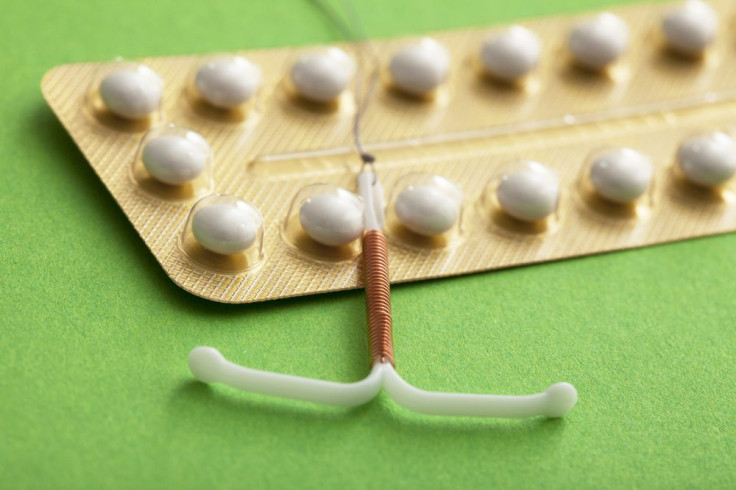Most Effective Birth Control: Teaching Women About Contraceptives Significantly Reduces Unplanned Pregnancies

Teaching young women about highly-effective forms of birth control, such as intrauterine devices (IUDs), is enough to dramatically reduce the number of unplanned pregnancies, according to a new study from the University of California-San Francisco (UCSF). It’s the first clinic-based intervention ever conducted in this capacity.
Fifty percent of pregnancies are unplanned, researchers cited. In order to see how health center training might impact this rate, researchers visited 40 Planned Parenthood centers around the country and randomly assigned some of the centers to receive contraceptive training; the remaining centers continued to deliver care as they normally would. The contraceptive training, or intervention, taught women about the various birth control methods and their respective level of effectiveness. So for something like IUDs, studies show less than one percent of women using an IUD or implant will get pregnant in comparison to the average nine percent of women who get pregnant using the pill. The percent of pregnancy is even higher for women whose male partner uses condoms.
As a result of the training, 28 percent of 1,500 participating women chose IUDs compared to the women attending untrained centers. And the results showed “a striking reduction in the number of unintended pregnancies — from 15 to 9 per 100 women over a year.” These results, however, were only among women who sought out a Planned Parenthood for family services. This effect was absent among women who sought birth control after receiving an abortion.
"It's important that women also learn about methods that give a higher level of protection against pregnancy when they seek contraceptive care," Dr. Cynthia Harper, a professor of Obstetrics, Gynecology & Reproductive Sciences at the UCSF Bixby Center for Global Reproductive Health, said in a press release. "Women consider healthcare providers a highly-trusted source of information on birth control, so it's especially important that providers tell women about all of the methods they can use."
Harper added the varied result among women seeking family services and women seeking birth control after an abortion may have to do with public funding restrictions. IUDs in particular are one of the more expensive forms of birth control, costing a woman as much as $1,000 (though a new alliance is working to combat those high prices). This form of birth control is eventually cheaper than, say, oral contraceptive since they don’t need to be resupplied as often.
The Guttmacher Institute reported unintended pregnancies can have adverse physical and mental health effects on mothers and their children.
"This study shows how important it is that women's health care providers have full information about available birth control methods and are trained to provide all of these methods to patients at the same visit," said Dr. Carolyn Westhoff, senior medical advisor at Planned Parenthood Federation of America. "It's one very important part of making sure that women can have the birth control of their choosing — without any barriers."
Source: Harper C, et al. The Lancet. 2015.



























